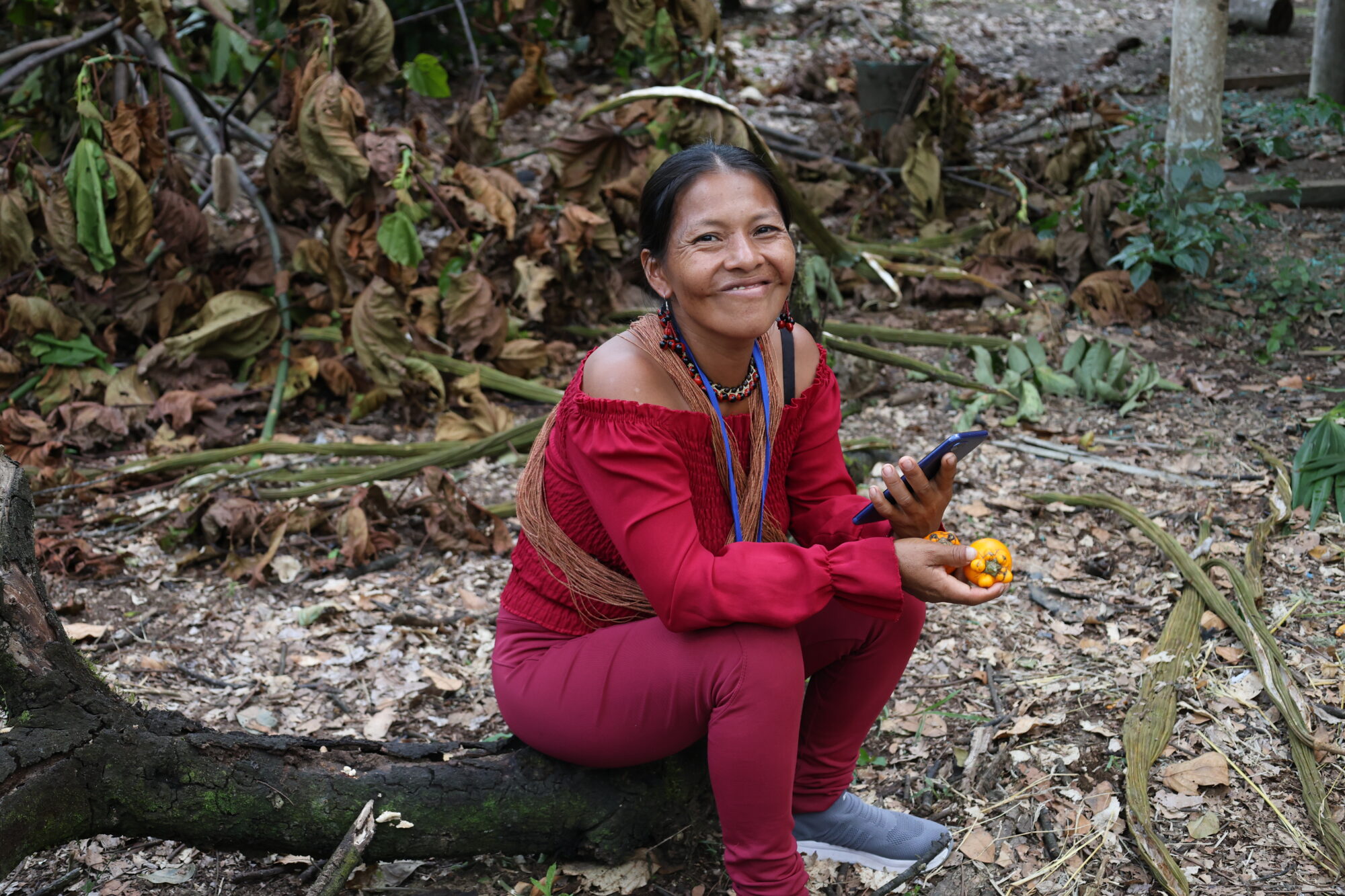Morona Santiago, Ecuador
The Tarímiat Pujutaí Nuṉka Reserve, one of the largest nature reserves in the Amazon region, was created in Morona Santiago, Ecuador. Its name, which in the Shuar language means “territory for well-being”, reflects the deep connection between the indigenous communities and their environment. This achievement is the result of an extensive participatory process of conservation and environmental management, promoted by the provincial government in alliance with four indigenous organisations (FICSH, NASHE, NAE and PSHA) and supported by Nature and Culture International. Through 21 meetings – workshops, meetings and assemblies – and with the participation of 893 people, a normative framework was collectively developed that integrates the indigenous cosmovision and financial mechanisms for sustainability while strengthening community participation and environmental protection.
This case study is part of a special collection that is part of Regions4’s work on Subnational Just Resilience, and is supported by the Scottish Government. Its aim is to identify, highlight, and analyze experiences developed by regional governments in the Global South that exemplify approaches and actions that integrate environmental sustainability with social and/or economic justice. Each case is analyzed based on Just Resilience criteria (available here).
The full case study in Spanish, English and French are available below:
-
Tarímiat Pujutaí Nuṉka (Español)
Descargar -
Tarímiat Pujutaí Nuṉka (Français)
Télécharger -
Tarímiat Pujutaí Nuṉka (English)
Download
